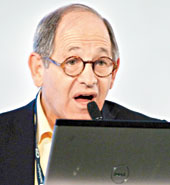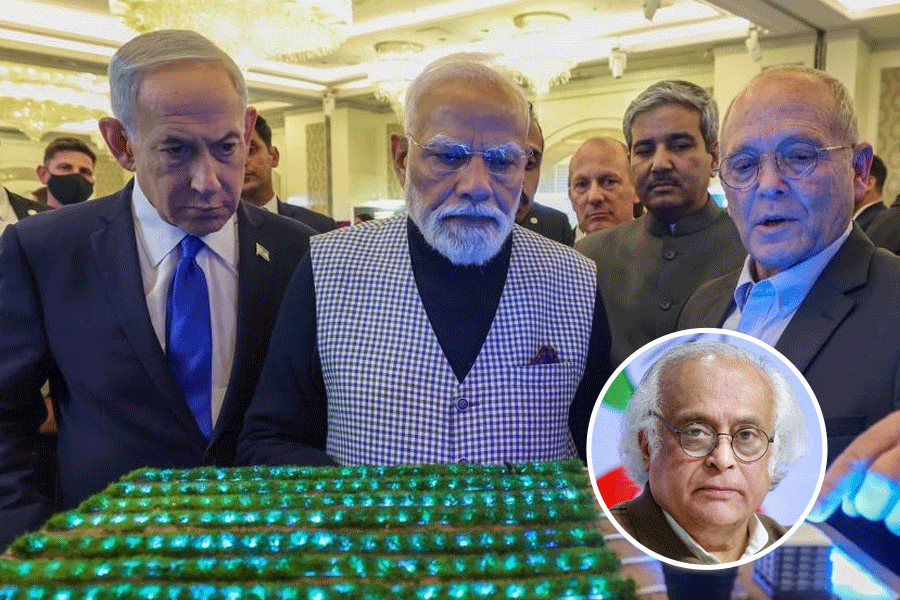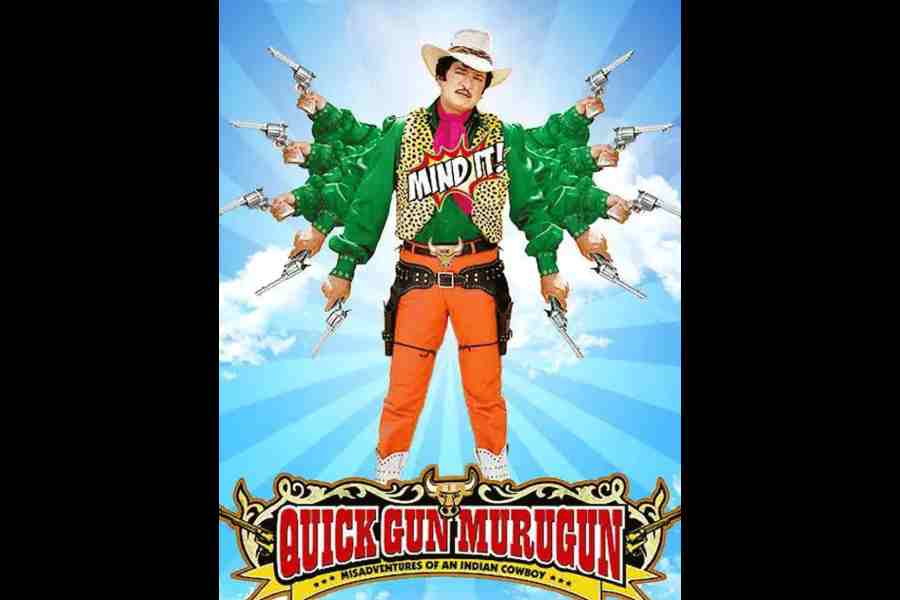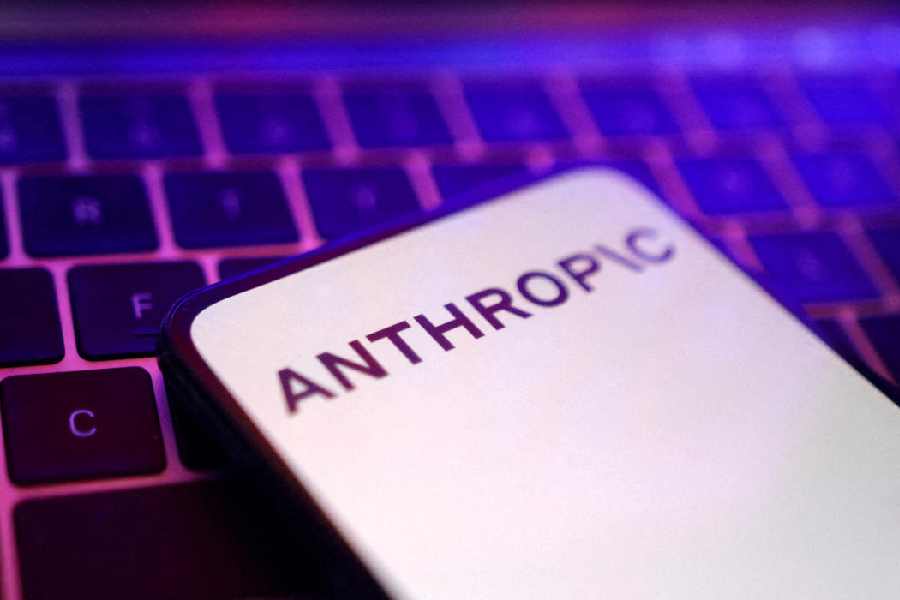 |
 |
Ralph Simon probably wouldn’t have minded a mobile phone ringtone interrupting his keynote address at Infocom 2012 on Thursday. If he did, the Englishman would have had nobody but himself to blame for it!
The father of the mobile ringtone is in town for India’s largest information and communication technology conference, a Businessworld initiative. And every time a mobile phone breaks into song within earshot, Simon is transported back to a bleak winter day in Finland more than a decade ago when he experienced the “a-ha moment” of entertainment in mobile telephony.
“I was waiting for a car to take me to a meeting with the Nokia management,” the 65-year-old boss of London-based company Mobilium recounted to Metro. “Suddenly, my ears caught an interesting melody from the phone of one of two Finnish youths. It was not the standard Nokia tune. When I asked them, they said the alarm on the phone sounded like a dentist’s drill going through the head, so they were experimenting to make it sound less shrill.”
That was in the late 1990s. Finland was the world leader in mobile phone technology and Simon had been invited to make a presentation on digital audio postcards, an IT invention that allowed an attachment containing scrolling text, music and the jerky video of those days to be clipped to an email. Back in those days, it was a big thing.
But for Simon, it was that encounter with the two Finnish boys that defined the turning point in mobile entertainment. “I thought we already had our technology and we could take this idea of using music when someone’s phone rang. What if people could get their phone to ring with their favourite songs?” he reminisced.
Simon took a flight back to the US the next day and set the ball rolling. But copyright was a problem. Music companies, for whom the sale of ringtone rights is today a lucrative source of revenue, wouldn’t give in.
The same week, Shawn Fanning and Sean Parker of Napster (a peer-to-peer file sharing service used mostly for sharing audio files) were on the cover of Time.
“The music companies thought they were pirates and didn’t want to give us licences either. Only Michael Jackson’s company, which owned rights to the Beatles, Norah Jones and Bryan Adams songs, agreed,” Simon recalled.
The first two tunes he used on getting a licence were the Pink Panther theme and the Bond theme from Dr No.
While Mobilium had to wade through lawsuits and financial settlements to get the music rights, the flip side of the struggle was that its traffic grew from 15,000 to 200,000 a day within a week.
If Simon had the savvy to negotiate with the hard-nosed bosses of music companies, it was because his roots were in the industry.
Before shifting to Silicon Valley, he ran a music company that had signed metal band Iron Maiden just when they were starting out. Then there was Will Smith. “He may be a famous actor today but when we gave him a break he was a hip-hop rapper called The Fresh Prince. It was that identity which earned him his first acting assignment, The Fresh Prince of Bel-Air.”
Simon has his ear to the ground to catch the pitch of the next digital revolution. “My passion is the relentless search for what’s coming next,” he said.
Which ringtone would suit Ralph Simon’s phone best? Tell ttmetro@abpmail.com










